-
GeneralGeneral
Teacher -
Patient Safety Homepage


Welcome to the course on Patient Safety
This course is intended for healthcare professionals anywhere in the world to equip them with the basic concepts of Patient Safety.
The course is divided into 11 Modules. Each module includes:
- Learning Outcomes: What knowledge or skills you will have gained from that module.
- Resources: A patient story followed by an introduction to the module with links to the relevant WHO handout and optional reading.
- Reflection: You will be asked a question related to the patient safety module being studied to prompt you to apply the knowledge gained from the module in the setting you work. You can post your reflection, and will then be enrolled in a discussion forum and will be notified of others who also post their reflections. You are welcome to reply to them.
- Quiz: MCQs are a useful self-assessment tool so at the end of every module, you are invited to answer a few MCQs.
Approximate time for completion of this course is 11 hours at an average reading rate of 144 words/minute.
The course is hosted by NextGenU as an Open Online Course (OOC). It is based on evidence-based handouts developed by the World Health Organization (WHO) in accordance with their "Multi-professional Patient Safety Curriculum Guide" being used after authorization from WHO. The Course Lead is Dr. Aly Feroze, who acquired his MBBS from King Edward Medical College, Postgraduate Diploma in Health Systems Management from the University of London UK, and also Masters in Public Health (MPH). Dr. Feroze has served in WHO and the NHS (UK).
N.B. this is a self-learning course and is not actively facilitated by a tutor. Please complete the feedback at the end of the course to help us improve it for others.
Engaging with this Course:
You may browse this course for free to learn for your personal enrichment. There are no requirements.
To obtain a certificate:- Take the brief pre-test
- Complete all the reading requirements
- Complete all quizzes and pass with 70% with unlimited attempts
- Complete the self and course evaluation forms
- Take the short knowledge pre-test below. It allows us to assess various aspects of the course itself.
- Complete the registration form.
- Begin the course with Module 1: What is Patient Safety? There, read the description, complete all required readings and any required activity, and take the corresponding quizzes.
Subscribe to our newsletter to be notified of future updates, new courses, and to be part of our community.
-
Module 1: What is Patient Safety?
Learning Outcomes:
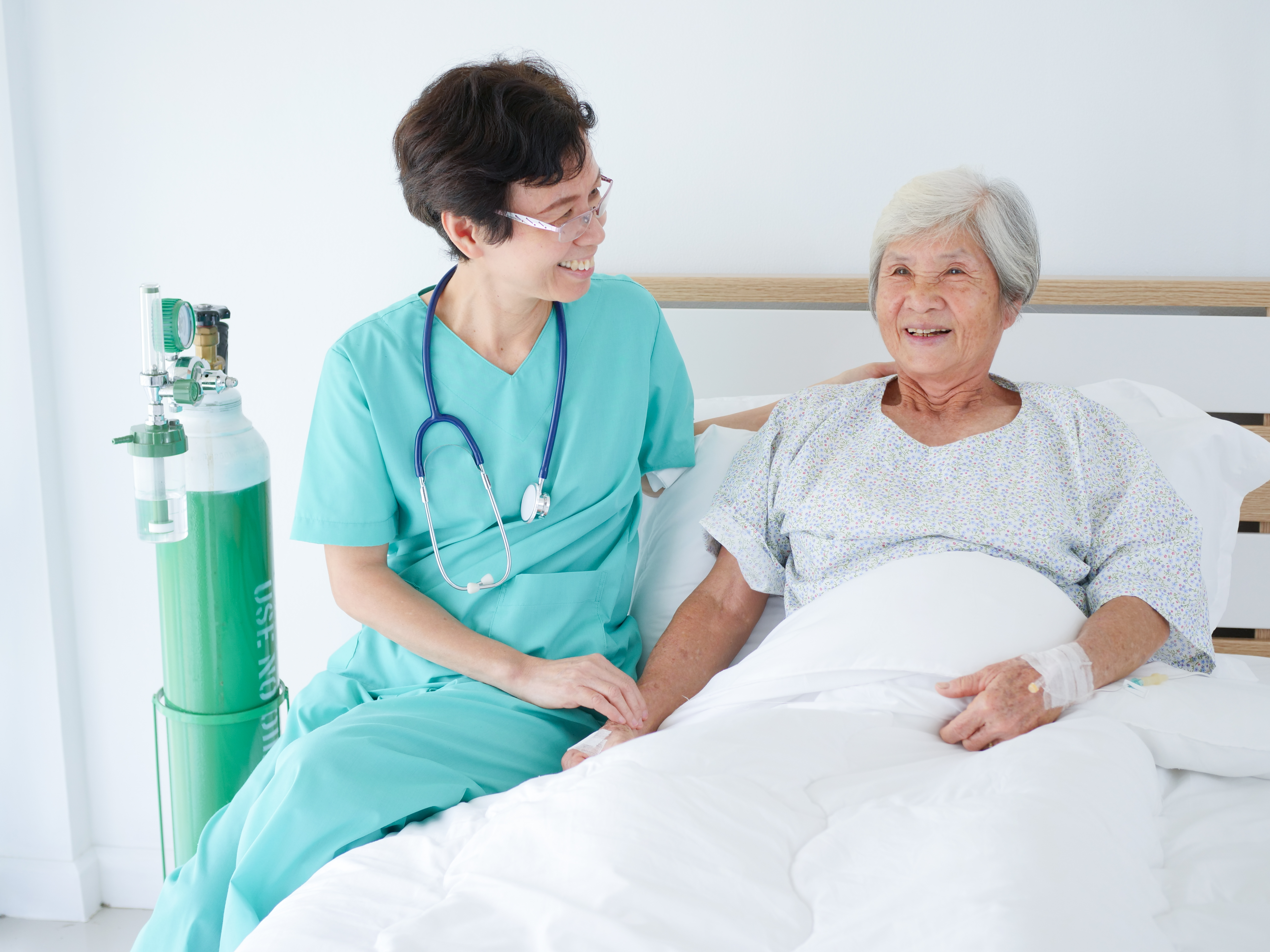
By the end of this Module, you should be able to:
- Define patient safety and its importance in healthcare.
- Define key terms used in patient safety.
1 Page, 1 Forum -
Module 2: Applying Human Factors to Patient Safety

Learning Outcomes:
At the end of this Module, you should be able to:
• Explain the importance of human factors in patient safety and how to manage them.
• Describe situations and personal factors that increase the likelihood of errors.
• Elucidate ways to put knowledge of human factors to practice.
1 Page, 1 Forum -
Module 3: Systems and Effect of Complexity on Patient Care

Learning Outcomes:
At the end of this Module, you should be able to:
- Describe the concept of the systems approach in patient safety.
- Elucidate Swiss cheese model and high-reliability organizations (HROs).
1 Page, 1 Forum -
Module 4 - Being an Effective Team Player
Learning Outcomes:
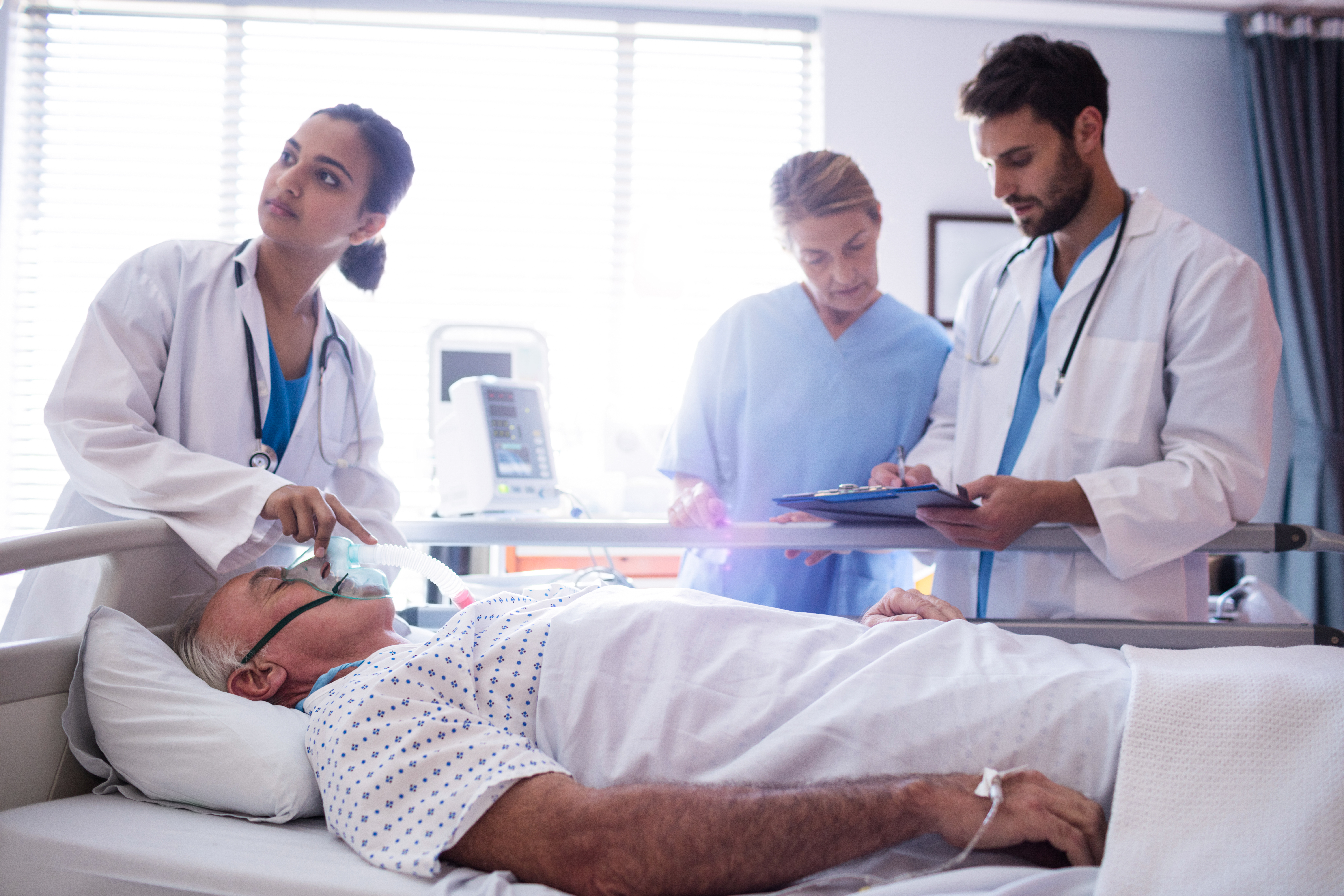
At the end of this Module, you should be able to:
- Understand the importance of teamwork in the complex and specialized environment of healthcare, challenged by comorbidities and chronic disease management.
- Delineate the characteristics and types of healthcare teams.
- Demonstrate how teamwork improves healthcare.
- Describe stages of team development.
- List challenges to effective teamwork and explains how to resolve these challenges.
1 Page, 1 Forum -
Module 5: Learning From Error
Learning Outcomes:
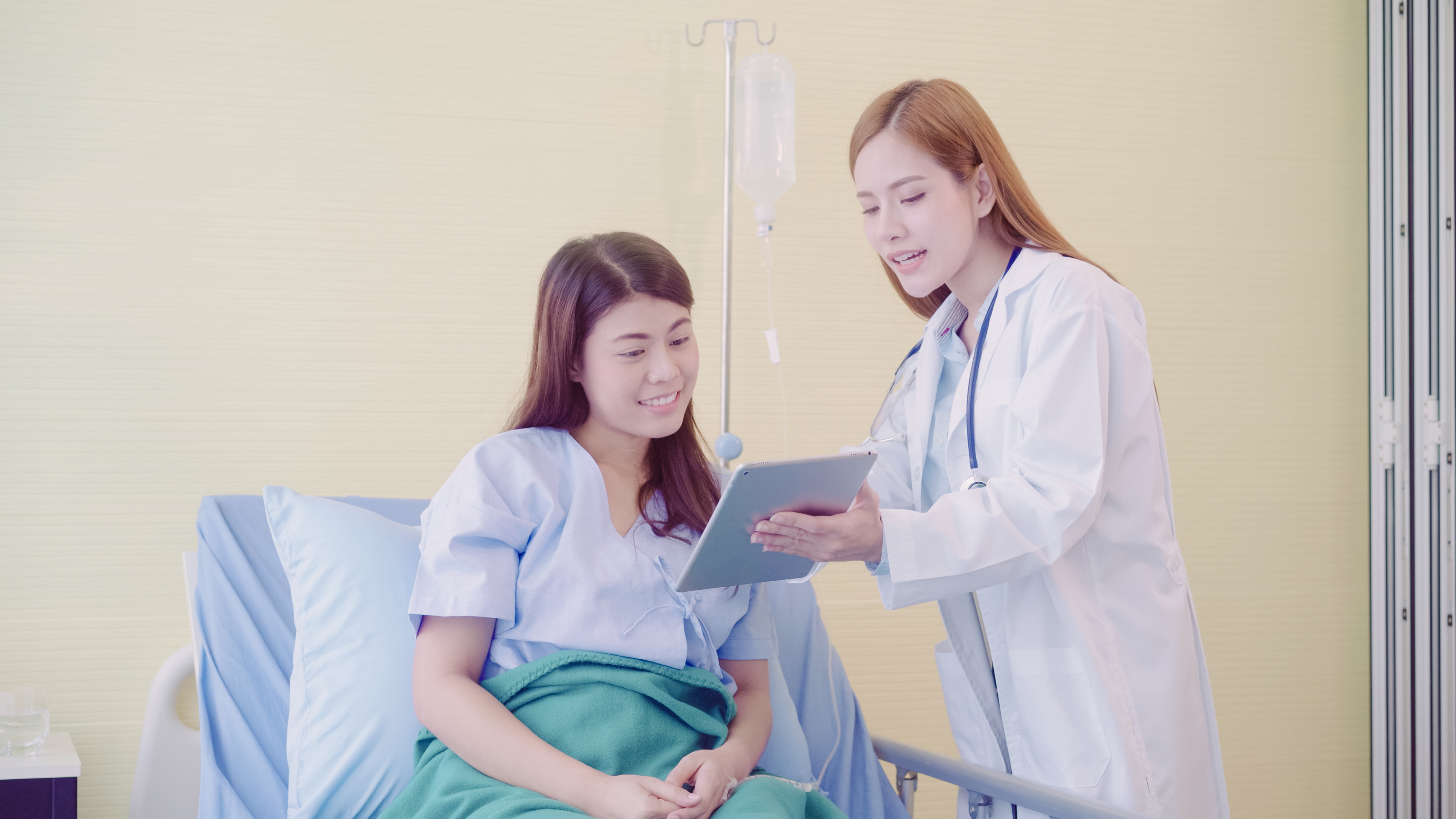
After this Module, you should be able to:
- Explain what is an error and violation.
- Describe the two types of errors.
- List situations associated with high risk of error.
- Delineate individual factors that predispose healthcare providers to errors.
- Elucidate ways to learn from errors, namely incident reporting and root cause analysis.
1 Page, 1 Forum -
Module 6: Understanding and Managing Clinical Risk
Learning Outcomes:

By the end of this Module, you should be able to:
- Explain the relevance of clinical risk management in the context of patient safety.
- Delineate the concepts of incident monitoring, near misses, and sentinel events.
- Describe the role of complaints in improving care.
- Manage risk by enhancing personal accountability.
1 Page, 1 Forum -
Module 7: Using Quality Improvement Methods and Tools to Improve Patient Safety
Learning Outcomes:
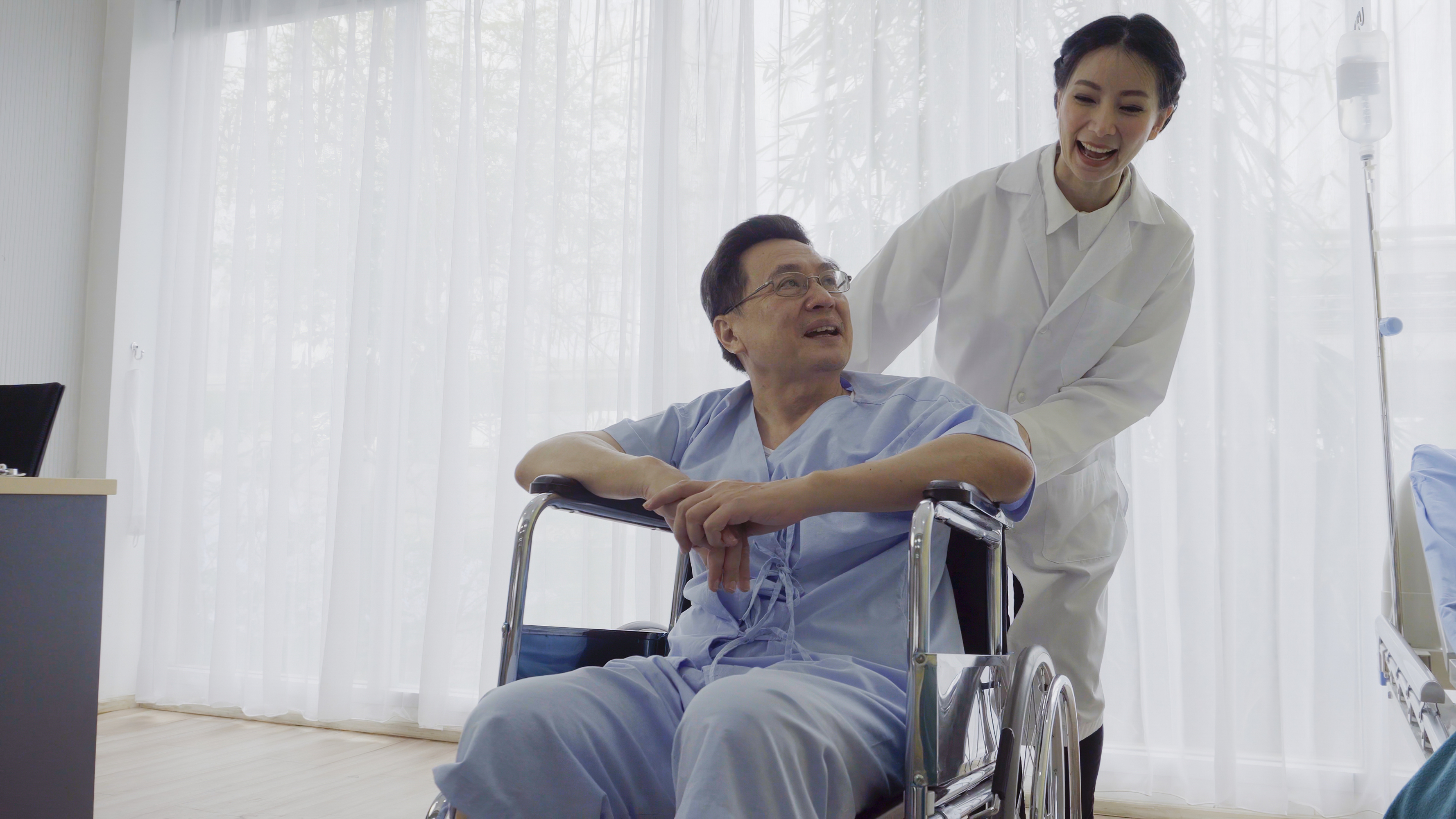
By the end of this Module, you should be able to:
- Explain basic principles of quality improvement including use of measures.
- Elaborate quality improvement methods namely, basics of Clinical Practice Improvement (CPI), Failure Modes and Effects Analysis (FMEA), and Root Cause Analysis (RCA).
- Describe tools that are commonly used in quality improvement efforts: flowcharts, cause and effect diagrams (also known as Ishikawa or fishbone diagrams), Pareto charts, and run charts.
1 Page, 1 Forum -
Module 8: Engaging with Patients and Carers
Learning Outcomes:

By the end of this Module, you should be able to:
- Explain what should be the constituents of communication between the provider and the patient.
- Introduce open disclosure, its principles, and barriers impeding communication after an adverse event.
- Delineate advanced communication techniques for open disclosure.
1 Page, 1 Forum -
Module 9: Infection Prevention and Control
Learning Outcomes:
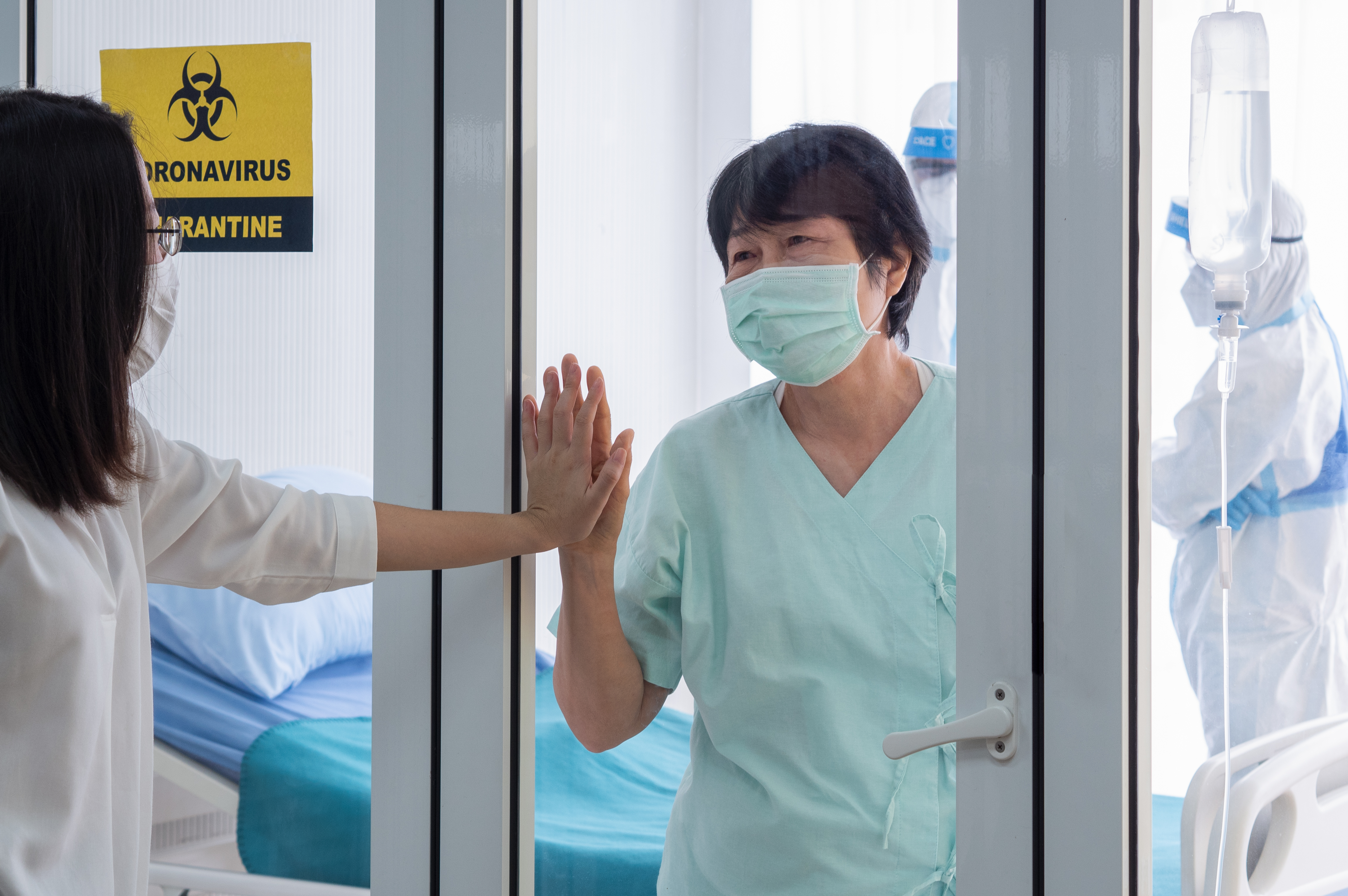
By the end of this Module, you should be able to:
- Define healthcare-associated infection (HCAI).
- Describe routes of transmission of healthcare-associated infection (HCAI).
- Discuss how to prevent healthcare-associated infection (HCAI) giving due emphasis to hand hygiene.
1 Page, 1 Forum -
Module 10: Patient Safety and Invasive Procedures
Learning Outcomes:

By the end of this Module, you should be able to:
- Describe the causes of adverse events associated with surgical and other invasive procedures.
- Delineate verification processes for improving surgical care: guidelines, protocols, and checklists including the WHO Surgical Safety Checklist.
1 Page, 1 Forum -
Module 11: Improving Medication Safety
Learning Outcomes:

By the end of this Module, you should be able to:
- Describe the risks of medication use.
- Explain contributory factors for medication errors.
- Delineate ways to make medication use safer.
1 Page, 1 Forum -
Patient Safety and Covid-19
Covid-19 has infected millions across the globe and caused thousands of deaths. It is prudent to be cognizant of measures required to work safely in the Covid-19 epidemic. We, as healthcare professionals, must adapt accordingly ensuring our healthcare facilities are Covid-19 ready.1 Page -
Course and Self Evaluation & Certificate
 In this section, you can provide feedback about this course to help us make NextGenU.org better. Once evaluations are completed, you will be able to download your Certificate of Completion.
In this section, you can provide feedback about this course to help us make NextGenU.org better. Once evaluations are completed, you will be able to download your Certificate of Completion.Further reading: A very comprehensive book Textbook of Patient Safety and Clinical Risk Management is freely available as open access. It goes beyond the basic principles outlined in the course you have just taken and is recommended for further reading.
